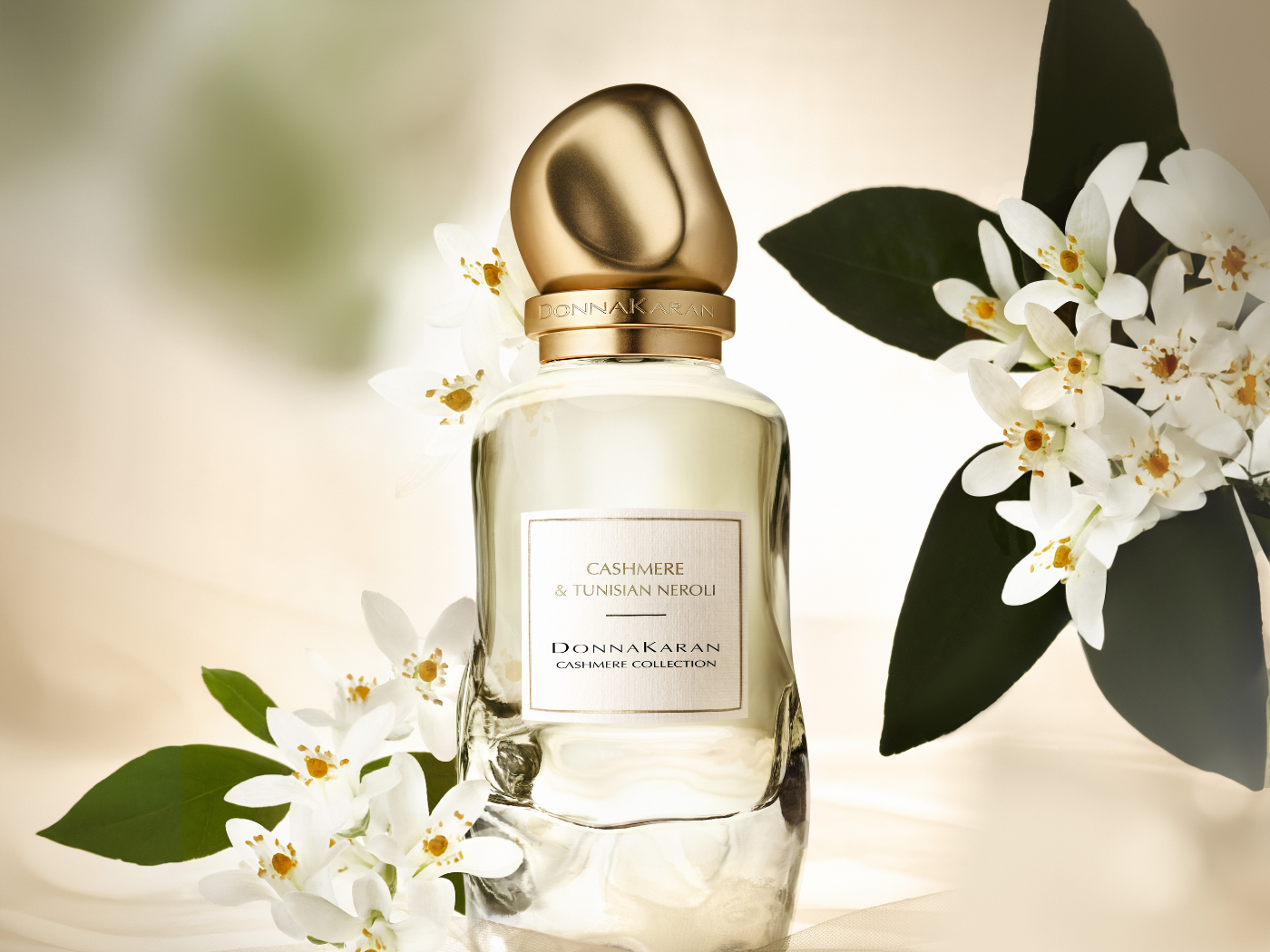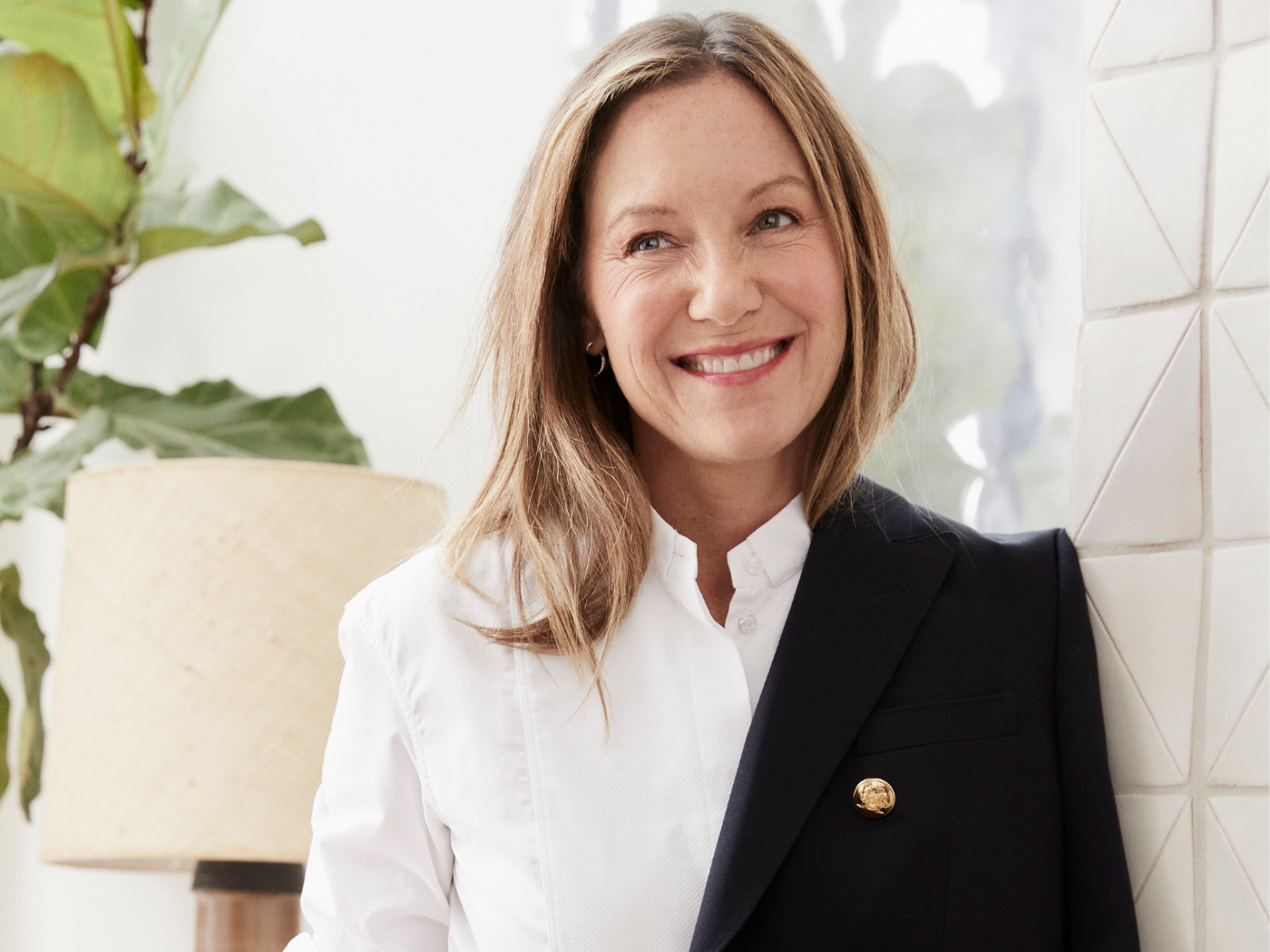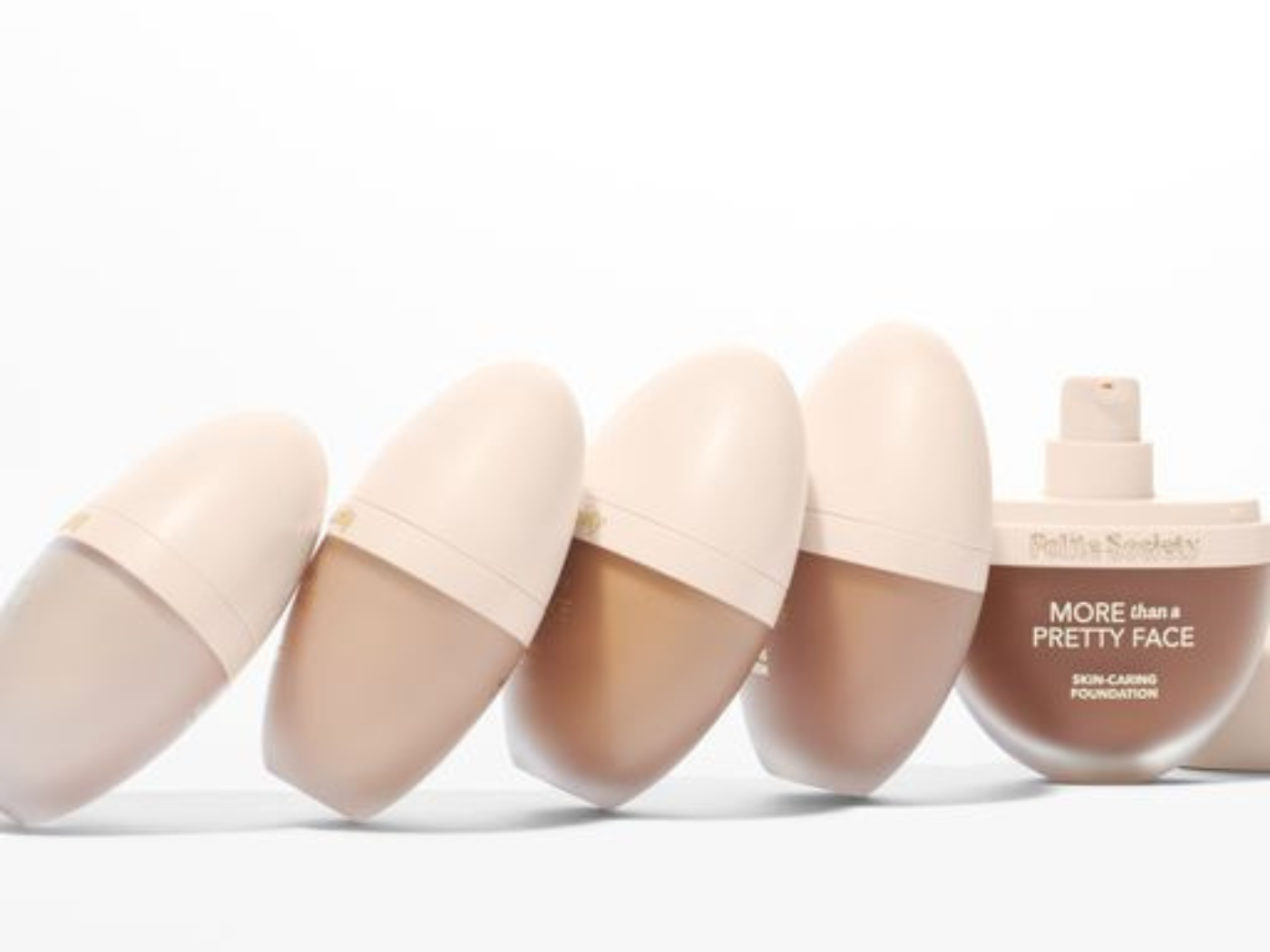While online beauty sales in the U.K. grew 21.1% from 2012 to 2013 to an estimated $1.2 billion, sales are weak relative to other consumer sectors there. According to L2, in 2012 just 7% of fragrance sales were made via e-commerce, while sales of color cosmetics and skin care were under 6%.
About 41% of U.K. Internet users have researched a beauty product online before making an in-store purchase, and an additional 31% would consider doing so.
Pharmacies are the largest sellers of online Cosmetics and Toiletries sales in the U.K. and account for 34% of sales. The second largest retail sector of online beauty is supermarkets (29%), pureplayers (20%), specialists (8%) and department stores (7%).
The beauty brands with the highest Digital IQ in the U.K. are The Body Shop, Benefit, Clinique, Estée Lauder, Bobbi Brown, L’Occitane, Clarins, MAC, Aveda and Jo Malone. The beauty brands that have a low Digital IQ include Calvin Klein, Neutrogena, Marc Jacobs, RoC, Shiseido and Elizabeth Arden.
Amazon.co.uk realizes 22 million people per month to its site. In January 2014, the site launched its Luxury Beauty Shop and features emerging local brands including Butter London, Eve Snow and Penhaligon’s. Absent from the site are L’Occitane and Burberry.
Boots is Britain’s largest health and beauty retailer. The company’s online sales grew 17% in the 12 months ended March 31, 2013. Between January and October 2013, Boots accounted for 78% of online media spend among beauty retailers. About 57% of the brands in L2’s index have a Boots custom store on its site. Boots offers consumers the option to retrieve online orders in store.
To access the full report, contact membership@L2ThinkTank.com.



